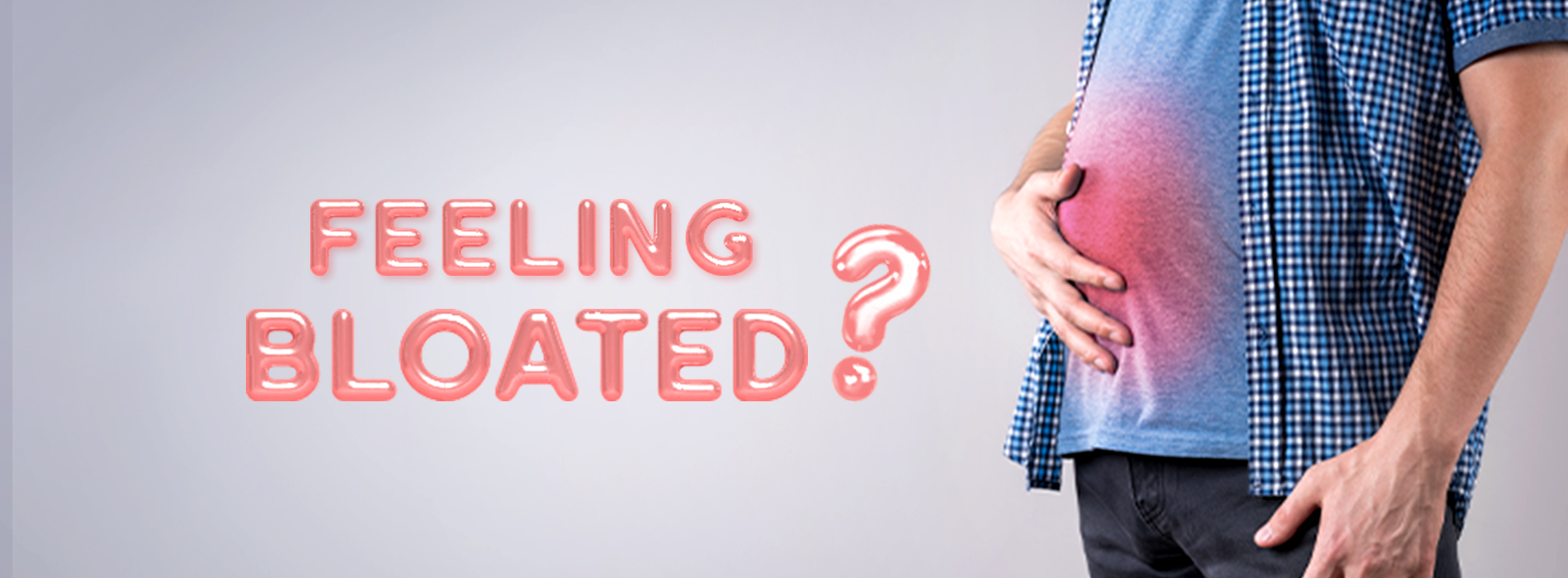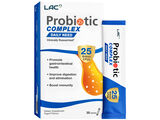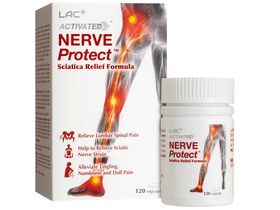Experiencing discomfort in your stomach? Find out more about bloating, plus tips to relieve and prevent it.
Bloating or abdominal distension is the uncomfortable sensation that occurs when your abdomen or stomach is filled with air or gas, and it is often accompanied by burping, flatulence, or discomfort. Bloating can also trigger heartburn and regurgitation in people who are prone to gastroesophageal reflux.1
Today, bloating is a very common problem, occurring in 16 – 31% of the general population. It usually goes away after a short period of time, however the physical discomfort and outward appearance of a full stomach is definitely not the most ideal.
Overeating is one of the most common causes of bloating. But that’s not always the case! Bloating can also be caused by:
- - The foods you eat: Gassy food such as beans, broccoli and cabbage contain a substance called raffinose that require bacteria to breakdown. The by-product of this breakdown produces gas which lead to bloating. Food that is high in FODMAPs (Stands for Fermentable Oligosaccharides, Disaccharides, Monosaccharides and Polyols, which are short-chain carbohydrates (sugars) that the small intestine absorbs poorly) can also be hard for some people to digest. These group of foods can cause bloating from gas and fluid build-up.3
- - High salt intake: High level of sodium in our diet causes water retention which can lead to bloating and other serious health concerns.
- - Infrequent bowel movements: Irregular bowel movements can cause bloating. This is usually due to insufficient/too much fiber intake, the lack of water in our body or sudden changes in our diet.
- - Stress and anxiety: When we are feeling anxious or stress, our brain goes into the ‘fight or flight mode’, which prevents our body from properly digesting the food. Staying in the stressed state for too long compromises our digestive system, leading to a bloated, upset stomach.
- - Weight gain: The build-up of fat in the stomach area caused by weight gain can constrain our bowels, increasing tension, thus contributing to bloating.4
Ways to reduce bloating
Take your time to eat
The faster we eat, the more air we swallow. This air can be trapped in our stomach causing it to swell and become bloated.5 Eating too quickly can also lead to overeating. Our brain takes about 30 minutes to register that our stomach is full. When we eat too fast, we might have already eaten beyond our limit before our brain gets the message, making us feel bloated. Thus, it is important to not rush when eat. Eat slowly and try to take meals when feeling relaxed so that mealtime is not stressed, distracted or rushed.
Avoid carbonated drinks and food that are likely to product gas
The gas that comes from carbonated and bubbly drinks such as beer and champagne, when swallowed, can fill up the digestive system. Some of the gas can be burped away, but the remaining has to move through our digestive system before it is passed out the other side. Limiting such drinks in our diet can play a big part in reducing the amount of gas intake into the digestive system.
Avoiding foods that are well known to produce as such as beans, peas, cabbage, broccoli, cauliflower, mushrooms and lentils can also help.6 Instead take food that is high in potassium and probiotics such as banana, avocado, yogurt and kimchi, as well as drinks like peppermint or ginger tea to help reduce gas and water retention.
Try yoga poses to help relieve gas
Light exercises such as yoga can help stimulate the organs and aid in the digestive process. Poses such as the cat-cow stretch compresses your intestines to promote movement, while the cobra pose stretches the torso and digestive organs to aid digestion.7 Taking a leisurely stroll following a hearty meal can also help clear gas from your bowels and stomach, thereby reducing bloating.
Consume probiotics to support healthy microbial balance in gut
Studies suggest that probiotics aid bloating by boosting the types of bacteria in our gut8, which help balance out the digestive flora and reduce any tension or gas in our gut. Improve gut health and relief bloating with LAC Probiotics. LAC’s wide range of Probiotics promote friendly bacterial growth in the intestinal tract, alleviating bloating as well as providing digestive and immune support.
Bloating can be caused by a myriad of reasons. Maintaining a healthy weight, identifying and eliminating foods that cause bloating, ensuring good eating habits and taking a probiotic supplement to improve gut flora are some of the ways that can help. We hope these tips help serve as a guideline to beat any future belly bloat! If these measures do not alleviate bloating, do consider visiting a clinic and consulting with a doctor
1 https://www.todayonline.com/singapore/fast-and-furious-festive-feasting-ways-prevent-and-ease-bloated-tummy
2https://pubmed.ncbi.nlm.nih.gov/32246999/
3https://www.webmd.com/digestive-disorders/ss/slideshow-tips-to-reduce-bloating
4https://my.clevelandclinic.org/health/symptoms/21819-abdominal-distension-distended-abdomen
5https://www.medicalnewstoday.com/articles/322200#ten-ways-to-avoid-bloating-after-eating
6 https://www.healthline.com/health/foods-that-cause-gas
7 https://www.healthline.com/health/fitness-exercises/exercise-for-bloating-and-gas
8 https://pubmed.ncbi.nlm.nih.gov/28508867/










-240s-label-Front_1638x1227.jpg?sw=280&sh=210&sm=fit)




